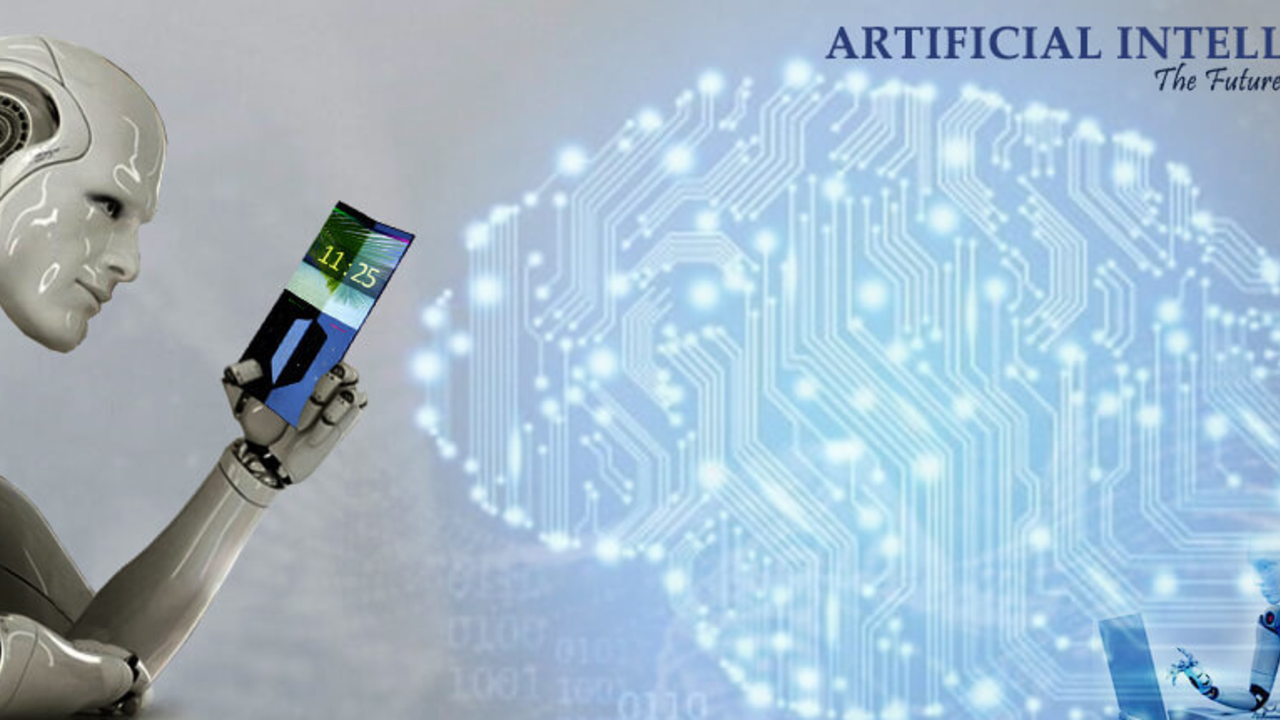Understanding the Concept of Artificial Intelligence
As a blogger and a tech enthusiast, I've always been fascinated by the concept of artificial intelligence (AI). AI is a branch of computer science that aims to create machines that mimic human intelligence. This doesn't mean creating machines that can do everything humans do; rather, it's about creating systems that can perform tasks that normally require human intelligence, such as understanding natural language, recognizing patterns, solving problems, and making decisions.
The Current State of Artificial Intelligence
AI has come a long way since its inception. Today, AI technologies are everywhere. They're in our smartphones, powering the voice assistants we use, the social media algorithms that determine which posts we see, and even in the cars we drive. AI is also being used in fields like healthcare, finance, and education to help diagnose diseases, predict market trends, and personalize learning, respectively.
The Limitations of Artificial Intelligence
Despite its advancements, AI still has its limitations. One of the biggest challenges is that AI systems often lack the understanding of context and common sense reasoning that humans have. They also require large amounts of data to learn, and can be prone to bias if the data they're trained on is not diverse. In addition, AI technologies can be opaque, making it difficult to understand how they make decisions.
The Ethical Implications of Artificial Intelligence
As AI continues to permeate our lives, it brings with it a host of ethical implications. Issues such as privacy, discrimination, and job displacement are at the forefront of discussions about AI ethics. For example, AI systems can be used to surveil and profile individuals, leading to privacy concerns. They can also perpetuate bias and discrimination if they're trained on biased data. And as AI technologies become more capable, they could potentially displace human workers in certain fields.
The Future of Artificial Intelligence
Despite these challenges, I'm optimistic about the future of AI. Advances in AI research and technology are paving the way for more capable and efficient AI systems. For example, researchers are working on ways to make AI systems more transparent and less dependent on large amounts of data. They're also exploring ways to imbue AI systems with a better understanding of context and common sense reasoning.
AI and the Job Market
One area where I believe AI will have a significant impact is the job market. While it's true that AI could potentially displace certain jobs, it's also expected to create new ones. Jobs that involve repetitive tasks or tasks that can be easily automated are most at risk. However, jobs that require creative thinking, problem-solving, and human interaction are likely to remain in demand.
AI and Society
AI is also likely to have far-reaching impacts on society. It has the potential to revolutionize healthcare, education, and transportation, among other sectors. For example, AI could be used to personalize education, making learning more efficient and effective. It could also be used to predict and prevent diseases, improving healthcare outcomes. And it could make transportation safer and more efficient by powering autonomous vehicles.
Preparing for an AI-Driven Future
To prepare for an AI-driven future, we need to educate ourselves and our children about AI. We need to understand what AI is, how it works, and its implications. We also need to develop the skills that will be in demand in an AI-driven job market, such as problem-solving, creativity, and emotional intelligence.
Conclusion: Embracing the AI Revolution
In conclusion, I believe that AI is a revolution that we should embrace. It presents opportunities to improve our lives and our society in profound ways. However, we also need to be mindful of its challenges and implications, and work towards ensuring that the benefits of AI are shared by all. As we move forward, it's important that we continue the conversation about AI, its future, and its impact on our lives.
